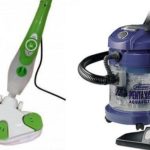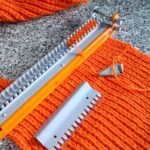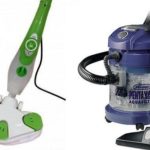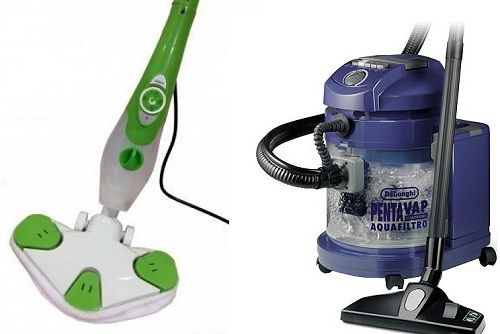Steam mop or washing vacuum cleaner, which is better?
If you believe the advertising, then a steam mop can replace dry cleaning, and armed with a washing vacuum cleaner, you can replace the entire arsenal of detergents and cleaning products in the house. But after familiarizing yourself with the capabilities of both cleaning assistants, it becomes clear that they are not omnipotent, although they make it much easier to keep the house clean.
The content of the article
Which is better: a steam mop or a vacuum cleaner?
They complement each other, so experienced owners recommend purchasing both devices. But when the budget is limited and you need to choose one thing, the task becomes more complicated. In particular, due to the fact that many functions of a steam mop and a washing vacuum cleaner overlap. They can:
- wash dirt off the floor;
- clean the window;
- collect dust from cabinets;
- remove stains from carpets or upholstery.
And then differences begin, which cannot be sorted out without a more detailed examination of the properties of the technology.
Pros and cons of a mop
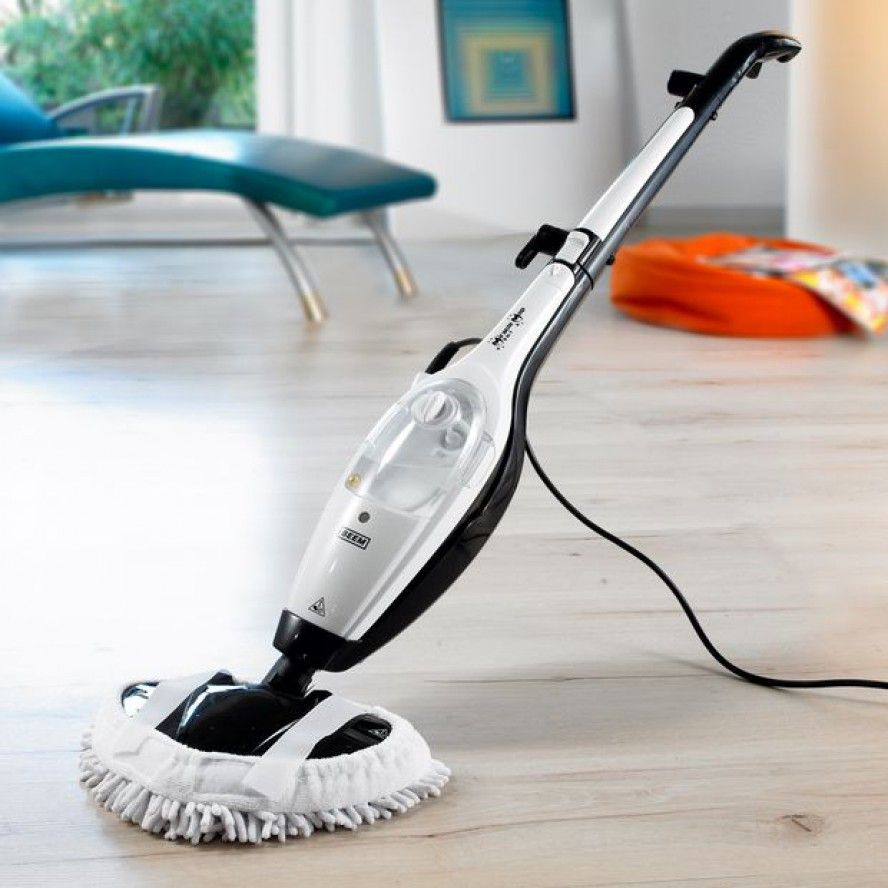
The advantages of a steam mop are determined by the features of its design, which is based on a steam generator. High-temperature steam easily deals with most common stains, be it shoe marks or freshly spilled juice. If the design provides for the use of a steam generator separately from the mop, then:
- this will make cleaning windows and tiles in the bathroom much easier;
- will prevent the appearance of bedbugs or dust mites;
- will help cope with various allergens.
Even if the mop is not dismountable, which is rare, then thanks to the movable head it is possible to treat hard-to-reach places. And all this - without the use of household chemicals.
Negative reviews about the mop are left by those who purchased a fake or expected too much from it. If we summarize and comment on them, we get the following:
- leaves streaks because the absorbency of the fabric on the nozzle is limited;
- does not collect debris because there is no suction function;
- flows or splashes water (fake);
- does not cope with stubborn stains - even dry cleaning cannot always cope with them;
- heating element burns out quickly - the steam generator is designed to work with distilled water.
Pros and cons of a vacuum cleaner
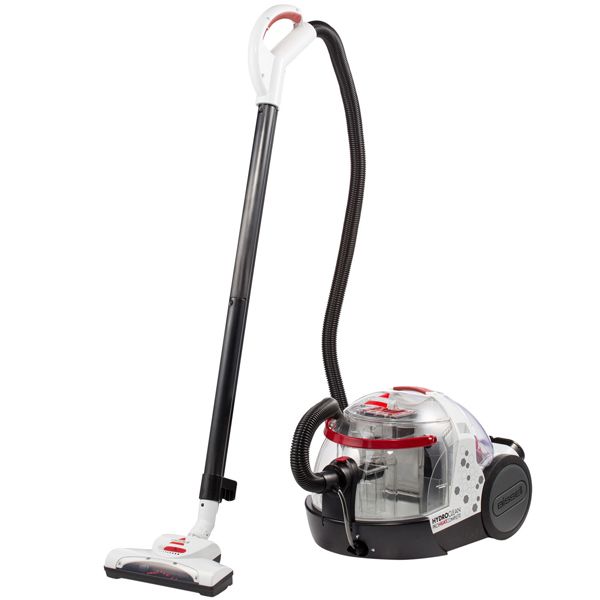
A washing vacuum cleaner is a powerful technique by default. It is designed to immediately draw in sprayed water, which is why it has become an indispensable assistant during general cleaning. The unit can be easily assembled:
- “warehouse” of dust from furniture upholstery and carpets;
- pet hair;
- dirt from the floor, tiles and windows;
- spilled drinks.
If you use cleaning products recommended by the manufacturer, the vacuum cleaner will also remove a number of old stains. And at the same time it will freshen the air: some users simply leave the vacuum cleaner on for a few minutes to change the microclimate in the room.
The disadvantages include bulkiness, the need for additional costs for consumables (filters, cleaning products) and high noise levels.Another drawback is the need for regular maintenance: leaving an unwashed vacuum cleaner in a corner after cleaning, as is often done with its “dry” counterpart, is not recommended. Otherwise, subsequent launch will lead to the appearance of an unpleasant swampy aroma in the apartment.
What to choose?
It becomes easier to choose the best option if you decide on a list of your needs. In a situation where there is a small child in the house, a quiet, compact device that does not require long-term maintenance after each use is much more necessary. An important argument in favor of a steam mop is also the ability to disinfect surfaces with clean water.
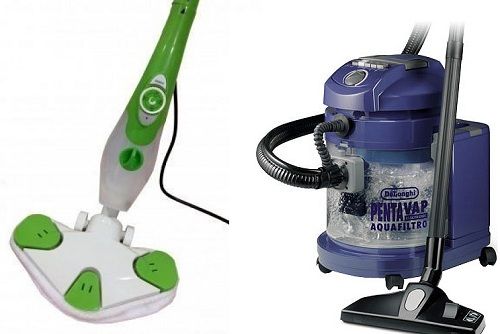
A washing vacuum cleaner is indispensable in an apartment with a lot of carpets and upholstered furniture. General cleaning with his participation will remove dust for a long time and refresh the room. But you won’t be able to turn it on while the baby is sleeping, and during everyday cleaning it is recommended to use the “dry” mode to make it easier to maintain demanding equipment. And without water, it loses many of its benefits.

